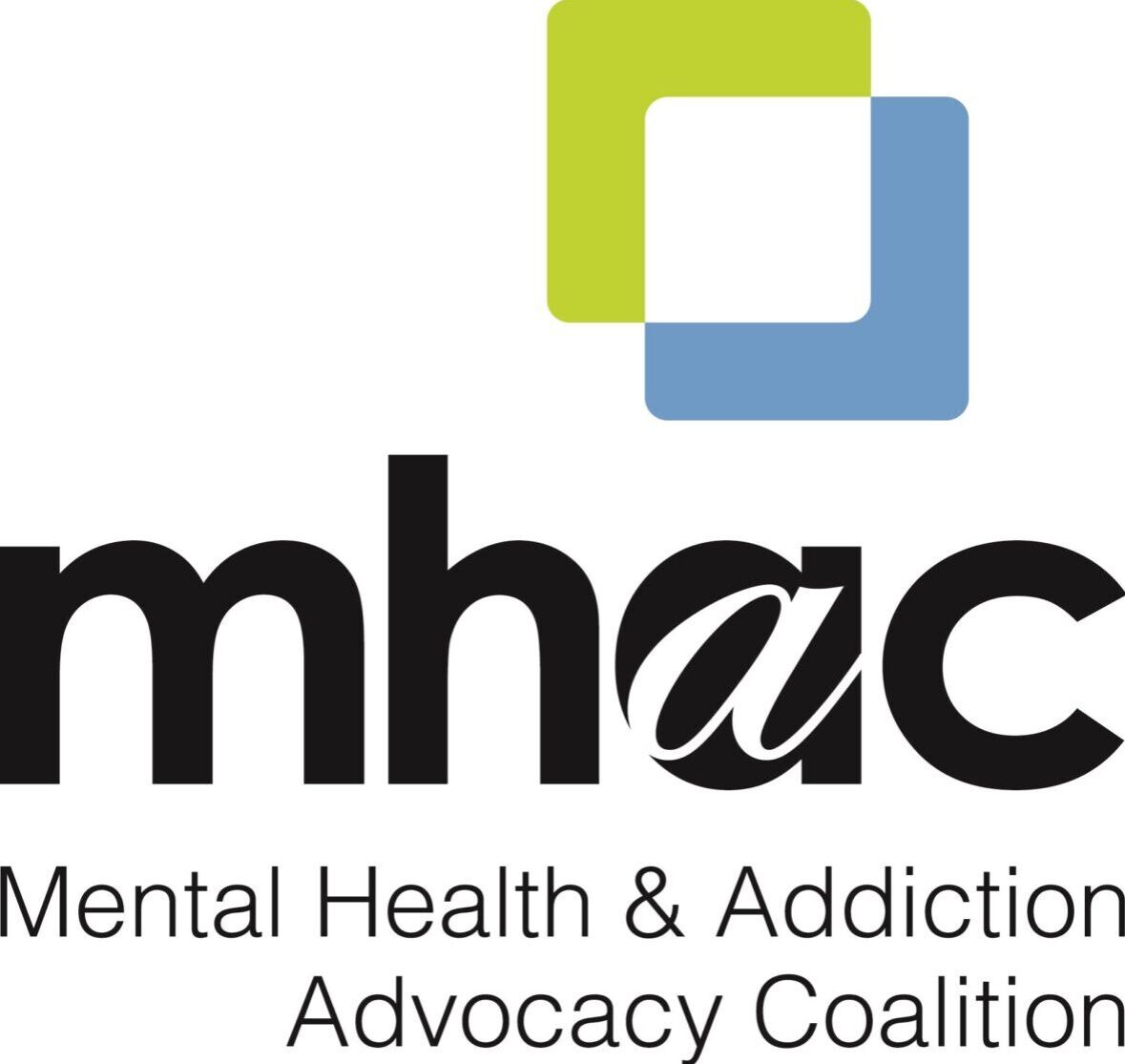
Guest Columnist: Susan Shelton, Executive Director of MindPeace
August 2022 Issue
It is hard to believe we are getting ready to get back to school! Hopefully, you had a chance to rest and rejuvenate this summer. You may be a parent, aunt, uncle, or grandparent and have a child or teen who is going to start school soon. A successful start to the school year includes thinking about ways to help reduce stress for children and teens.
Here are a few Back to School Tips adapted from a helpful resource, KidsMindsMatter.
- Establish routines around homework and bed time before school starts.
- Get involved, even if your child is a teenager!
- Encourage open communication.
- Incorporate positive reinforcement.
- Maintain an optimistic tone and positive attitude with your children.
- Set up school zones and expectations. Make sure you have a place that is quiet to do their homework and keep their backpack in one place.
- Practice expectations before school starts.
- Exercise compassion. Your child or teen may be scared, anxious, or worried.
- Communicate with your child or teen, their teachers, and school. Listen and acknowledge their fears. Give them coping strategies for when they are afraid.
- For young children, take to meet the teacher(s). Show them the classroom, and if possible where they will sit. For teens going to a new school, tour the school and make sure to practice unlocking their locker before school starts.
- Get excited about the new school year. If your child/teen sees you are excited, they will be excited.
- Practice your new routines in advance of the first day of school.
Another resource is the Child Mind Institute's “School Mornings Without the Stress”.
Sleep Hygiene
Another important factor to help start off the school year successfully is sleep health, for both you and your child or teen. Children who don’t get enough sleep at night may become hyperactive, irritable, and inattentive during the day. They may also have an increased risk of injury and more behavior problems, and their growth rate may be impaired.
Sleep debt appears to be very common during childhood and may be misdiagnosed as attention-deficit hyperactivity disorder. Children need between 10 and 11 hours of sleep every night and adolescents need between 8 and 10 hours per night. Younger children need more sleep, and all adults, once puberty has ended, need between 7 and 9 hours of sleep each night. Less than 5% of all people can sleep less than the recommended amount without any adverse physical or mental effects.
See these tips from MindPeace on how to improve sleeping habits!
MindPeace also has other resources that can be helpful like Virtual MindPeace Rooms to help calm children, teens, and young adults.
One of the most important things a parent, family member or friend can do is to know what to look for that might indicate mental health concerns. Consider taking QPR (Question, Persuade, Refer) training. This short training is available online through the QPR Institute but there may be free training available in your area. Check with your county's Mental Health and Recovery Services Board. 1N5 also has free virtual QPR trainings available, along with other great resources.
Ohio's 988 Lifeline
Become familiar with the new 988 resource that anyone can call or text for help. Have your family add 988 to your smartphones and encourage your children and teens to use this number if they don’t feel safe and there isn’t a caring adult nearby. It is healthy as a family to talk about feelings and especially whether anyone including your child/teen is feeling suicidal. Do not be afraid to ask if your loved one is feeling suicidal.
Be an Advocate
Finally, be an advocate for mental health. We have heard across our state and at the local level that the mental health and wellness of children and teens are critical right now. Unfortunately, there is a workforce shortage so you may have difficulty accessing treatment where you live. You can be part of the solution by becoming an advocate. Here are some ideas to get you started.
- Review your own insurance plan to understand the behavioral health coverage. What is covered and who can provide services? Is there parity compared to coverage for other chronic conditions? Consider talking with your employer about this. There is great information available to help justify the potential increase in costs to your employer. Go to NAMI to learn more.
- Let your family members, friends, and fellow employees know that there is a process for making complaints about denied claims and coverage that you think is incorrect, and information about insurance processes and rates through the Ohio Department of Insurance.
Hoping you and your family find joy at the start of this school year!
